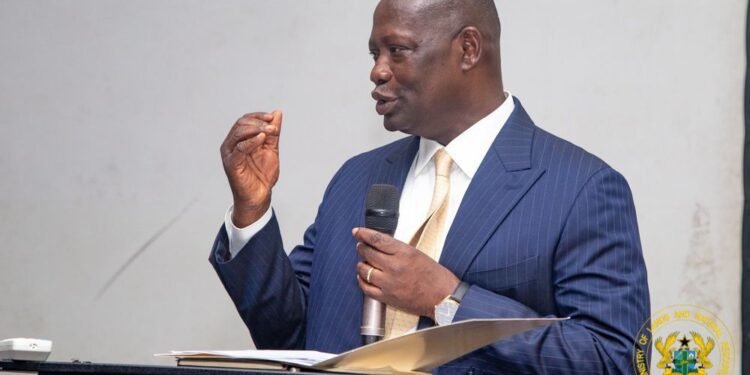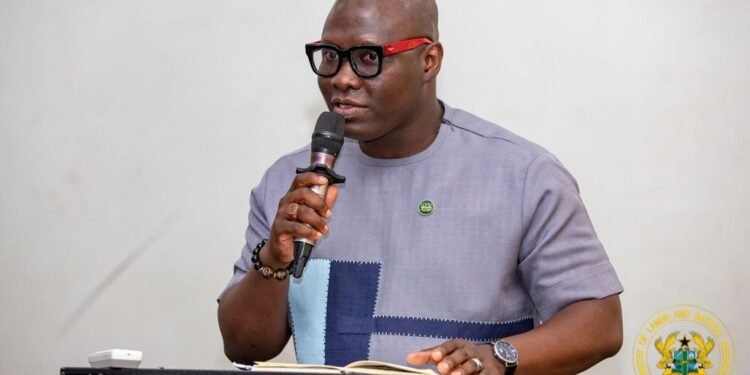The rising incidence of mental health disorders in the country calls for urgent measures to be taken to address the situation. According to the Minister of Health, Kwaku Agyeman-Manu, an estimated 3.1 million Ghanaians, representing 10 percent of the estimated 31 million population of Ghana, have one form of mental disorder or the other, with 16,000 having severe cases. Cumulatively, mental health disorders cost the nation about 7% of its GDP.
“The Mental Health Authority did a rapid assessment, a mini census of persons with severe mental illness on the streets a few years ago and they got 16,000 people in our cities, towns and villages all over the country”.
“It is clearly established that…Ghanaians have psychological distress – mild, moderate, severe – and this costs the nation 7 percent GDP loss”.
Meanwhile, Mr. Agyeman-Manu categorised persons with mental health problems into four main categories. This comprise those on the street, and those at treatment facilities, which include psychiatric and general health facilities. Others include those in the traditional and faith healing centres, and those in their houses and organisations who do not recognise their mental health illness or who recognise but are not doing anything about it.
The Minister who was briefing parliament on measures to address mental health problems in the country, assured the House that the Ministry and its allied institutions including the Mental Health Authority, the Ghana Health Service and others, knew the size of the problem and had the human resources to address it.
“What we are doing now is to spread mental health services nationwide, integrate into the general health care such that wherever we treat malaria, mental health can be treated. This will help to access care”.
Two new psychiatric hospitals
Also, Mr Agyeman-Manu highlighted that under the government’s Agenda 111, two new psychiatric hospitals were to be built in the northern and middle belts. According to him, the sites have been identified, drawings made, and contractors being chosen for work to begin.
Furthermore, the Minister indicated that until recently, psychiatric medications were not readily available, but are now available through budgetary allocations and donor support. As of 2017, Ghana had 18 psychiatrists serving an estimated population exceeding 28 million. However, Mr Agyeman-Manu indicated that more psychiatrists are currently been trained and as of now, Ghana has 45 of them.
As a result, he solicited the support of the Speaker to find more money to address the rising mental health issue in the country. He also hinted of the Ministry’s intention to introduce a Mental Health Levy.
Call for increase budgetary allocation
Additionally, the Minister advocated an increase in budgetary allocation to enable mental health patients to be treated. He explained that this will enable the ministry take mental health patients on the streets in small numbers at a time for treatment after which they will be sent back home to their communities. According to the WHO, Ghana faces a mental health treatment gap of 98%, meaning only 2% of people are receiving the care they need.
Globally, mental health has been a major challenge over the years with the outbreak of COVID-19 compounding the already precarious situation.
A new Lancet Commission report on mental health revealed that mental disorders are on the rise in every country in the world and will cost the global economy $16 trillion by 2030. The economic cost is primarily due to early onset of mental illness and lost productivity, with an estimated 12 billion working days lost due to mental illness every year.
READ ALSO: Police arrests man for deliberately infecting his wife, stepdaughter, and 12 others with HIV























